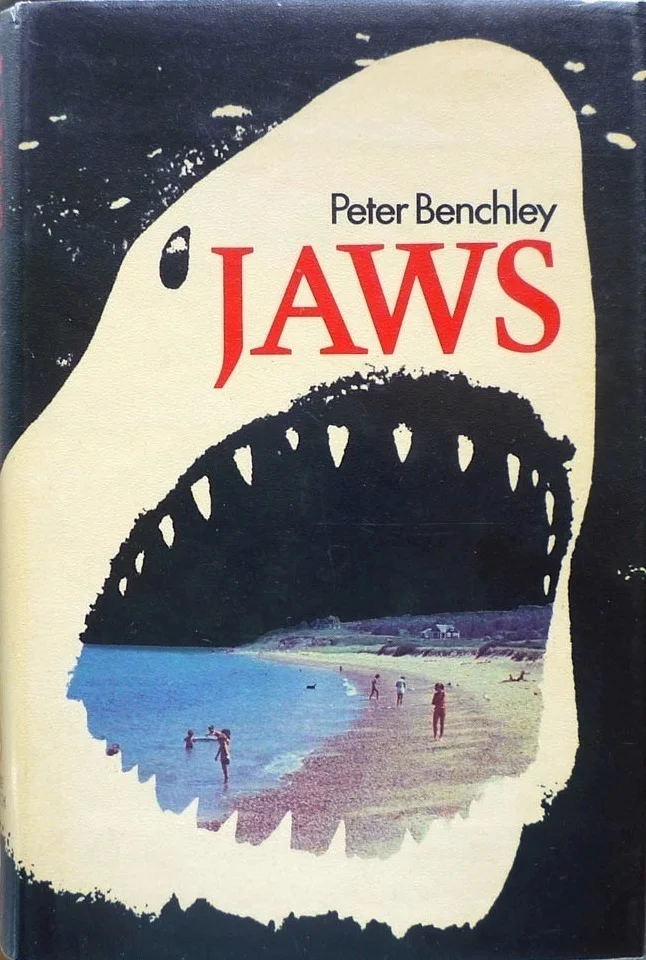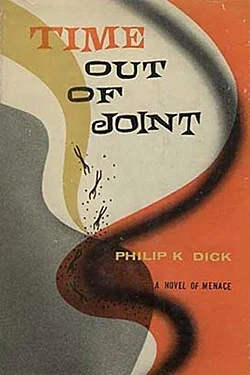“Device” is a monthly book discussion with a science-based twist.
Episode 1 - Cat’s Climate
April 3rd, 2019
When the mysterious polymorph ice-nine freezes the world’s oceans, how could that impact our climate? Meteorologist Alex Tardy from the National Weather Service speaks to us about Vonnegut’s lofty claims, San Diego’s non-weather, and the city’s Climate Action Plan. From Art Miller's lab at Scripps Institute of Oceanography, Osinachi Ajoku (Osi), Dr. Elizabeth Drenkard (Liz), and Daniela Faggiani Dias (Dani) came in to discuss what their research models can tell us about climate change, current action efforts, and what a climate model may predict if all the water on Earth froze at 45.8 °C or 114.4 °F. It’s not so much about what Vonnegut got wrong about the weather (which he did), but how he asks us to think about what’s right.
Episode 2 - Once Bitten
May 1st, 2019
A cultural legend, the Great White Shark’s reputation as a man eater is directly linked with this blockbuster story. Something Benchley heavily regretted, and spent most of the decades after Jaws’ success trying to overcome. Wendy Benchley, Peter’s wife, called in to give us the rundown on the greatest threats sharks are facing today and shared some shark stories from around the world. From the National Marine Service in La Jolla, Dr. Heidi Dewar explains how the shallow waters of the southern California are a nursery for our protected population.
Episode 3 - Loom Moon
June 5th, 2019
Miranda Evans is a typical 16-year old girl when the world ends. Miranda and her family learn to cope while dealing the realistic apocalyptic scenarios Pfeffer lays out for them. Dr. Lisa Will and Prof. Shane Haggard from San Diego City College discuss what would happen to the Earth after a meteor knocks the moon closer to us. Dr. Will is also the resident astronomer for ‘The Sky Tonight” at the Fleet Science Center, where you can learn about what’s in the sky each month with our moon.
Episode 4 - Ants, ants, Revolution
July 3rd, 2019
As a family from 1950s Georgia, the Price’s are woefully underprepared for their missionary trip to the Belgian Congo. While this novel is great historical fiction, it’s embellished scientifical fiction when a horde of driver ants attack an African Village. Dr. David Holway from UCSD gives us the rundown on local ants and the problem with introduced species while Dr. Michael Wall from The Nat highlights why insect diversity in our city deserves appreciation. Something Kingsolver could have been better at.
Episode 5 - Presence mechanism
August 7th, 2019
Ragle Gumm discovers he’s living in a Simulated Reality, and is pretty sure he’s starting to "go sane". PKD envisioned a future where we would be walking on distant planets by the 1990s, as NASA did when the US Spaceflight Program was created in 1958. The San Diego Air and Space Museum provides some history on NASA’s ambitions. Virtual Reality developer E McNeill chats with Emily and Derrick Acosta, producer for Device and Mega64, about current VR technology and how it has its roots in NASA’s exploration research.
Episode 6 - Cyclical Row
September 4th, 2019
The men and women in John Steinbeck's Cannery Row live by the sardine fishery. They rise when it comes to port and rest when it's out at sea. But what happens when some local derelicts want to do something nice for Doc, the resident scientist? California's sardine fishery provides the backbone for this story, but it goes through it's own cycles as discussed with researchers on the California Cooperative Oceanic Fisheries Investigations, or CalCOFI program. Device heads to sea on the NOAAS Reuben Lasker with biologists from NOAA and oceanographers from Scripps Institution of Oceanography.
Frequently, authors incorporate scientific phenomena as a plot device in their fictional stories. This can create thrilling tension, progress the plot, and/or provide the foundation for a philosophical debate. Often a caricature of science is described; it isn't always realisitically plausible. In each episode, we discuss a story that uses science to drive the action of the plot and dissect it for scientific integrity. San Diego has top-class research institutions and innovative technology start-ups which can help us review various scientific plot devices critically. We'll discuss how the author altered reality for the sake of the story. How much was intentional hyperbole, willful manipulation, or perhaps ignorance? Were the alterations minor, and the device highlights a natural wonder? Or does it contribute to the public’s misunderstanding of science? In short, does it pay off?
Do you have a novel you think would be perfect for this show? Tell us! Or are you from a San Diego based research institution and you have an idea for an episode? Reach out!
Fill out the form below, or leave us a voicemail at: (619) 784-5065.
Device is a Science, Art & Culture podcast made possible by the KPBS Explore program. KPBS is a public radio station in San Diego, California.






